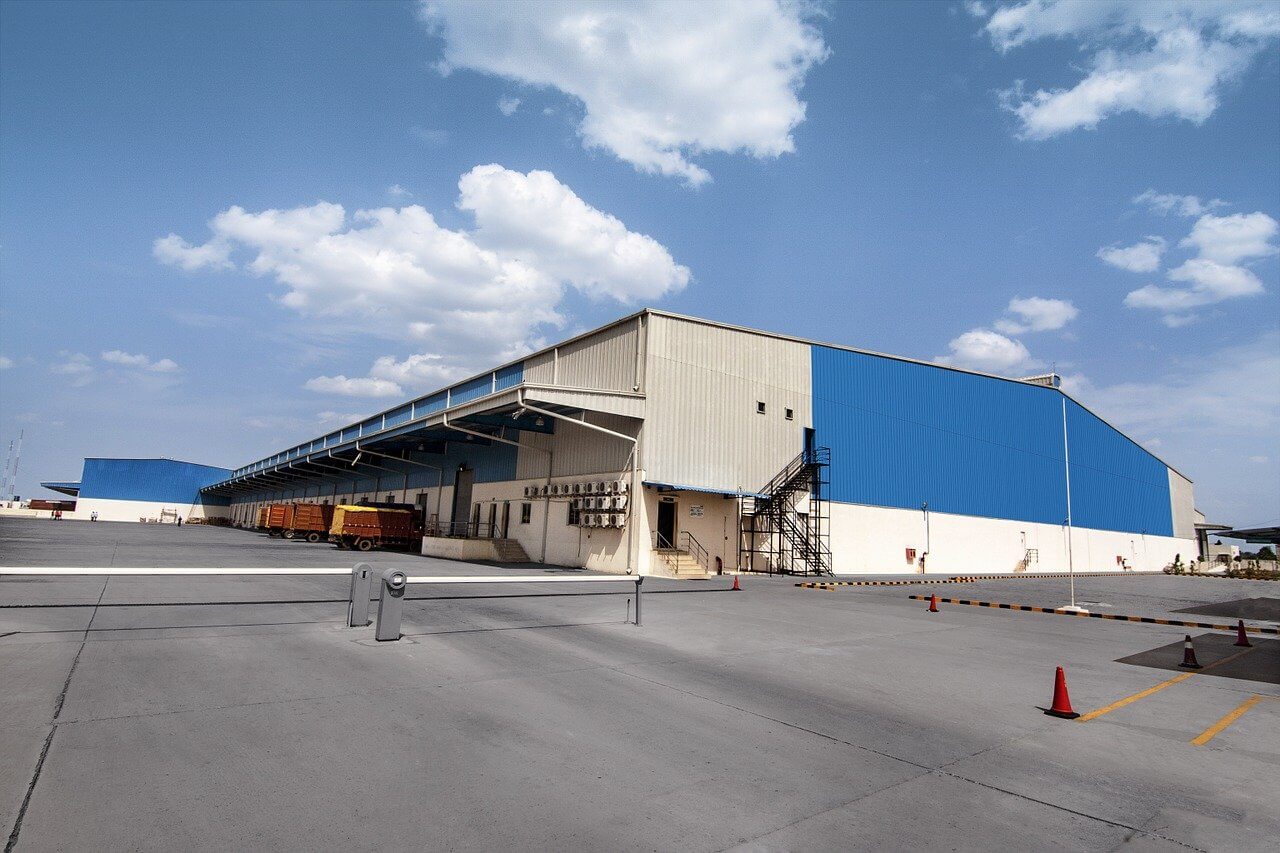These days, more businesses are using warehouse storage than ever before. According to the Bureau of Labor Statistics, there are currently private warehousing establishments in the United States, which is way up from approximately 15,200 that were around in 2008.
Have you ever thought about using warehousing to help with inventory organization while managing a business? Read on to learn more about the benefits of warehousing. You’ll also find some tips on how to get started and choose the right warehouse for your business needs.
What Is Warehousing?
Warehousing provides you with a place to store physical goods before they can be sold or distributed. This practice helps businesses to keep their products safe, secure, and organized.
Warehousing can involve buying or renting out a storage space, leasing a warehouse, or outsourcing storing and shipping logistics to a third-party company.
Why Should You Use Warehousing?
There are lots of reasons to consider using warehousing for your business. If you’re on the fence, though, consider these benefits:
Scale Your Business Faster
Without access to a warehouse, it’ll be much harder for you to grow your business and scale up the amount of product you produce and distribute. There’s only so much you can do from your office, after all.
More Streamlined Operations
When you start using warehousing, you have a lot more room for growth. You’ll also be able to streamline day-to-day operations and get more done from the office since it won’t be overrun with shipments that need to be sent out.
Warehousing frees you up to focus on other aspects of your business without having to worry as much about packaging and shipping-related issues.
More Consistent Production
When you mass-produce your own products, a warehouse can come in very handy when it comes to storing everything from raw materials and completed products.
If you’re able to keep more supplies on hand, as well as a collection of finished products that are ready to be shipped, you’ll be able to produce more consistently. This further improves your day-to-day operations and allows for faster order fulfillment and deliveries.
Prepare for Busy Seasons
Keep in mind, too, that extra warehouse space allows you to plan ahead more effectively when you’re getting ready for busy seasons. For example, if you know that you get a lot of additional orders at Christmastime, warehousing allows you to prepare and minimize some of the stress associated with the holiday.
Minimize Damage Risks
Warehousing can also minimize the risk of damage to your products, too. When you store products at a warehouse, you can feel more confident that they’re being stored safely.
Warehousing minimizes the number of times your products have to be shipped to different locations before they arrive at their final destination. With less movement comes fewer opportunities for products to be broken or damaged. This means your customers are less likely to be disappointed with their delivery and are more likely to give you positive reviews.
Warehouse Management: The Basics
Does warehousing seem like a good option for you? Are you unsure of how to get started?
Here are some basic warehouse management tips to keep in mind:
Choose the Right Type of Warehouse
If you’re looking to learn more about warehousing, one of the first factors to consider is the type of warehouse you want to use.
For example, do you want to buy your own warehouse and staff it yourself? Do you want to use a public warehouse (also known as a duty-paid warehouse) that can be rented out for a monthly fee? Would you prefer a bonded warehouse that’s licensed by the U.S. government and simplifies international shipments?
Consider Costs
Whether you plan on buying or renting a warehouse, you’ll need to factor in the cost of the property. How much can you afford to spend per month on warehousing services? Will the ROI on warehousing be significant enough that it’s worth it for you to spend a little more money up front?
Be sure to consider costs beyond the monthly rent, too. For example, are there other fees that the business charges in exchange for specific shipping and storage services?
Consider Workforce Availability
Look into workforce availability, costs, and skills, too.
Are there workers available who can help with the fulfillment and storage aspects of your business? Do they have the skills and experience needed to streamline processes and make sure your business runs smoothly?
Consider Location and Proximity
Where is the warehouse located? Is it relatively close to your office so that you can stop by and see how things are going?
Consider its proximity to ports, airports, and railway stations, too. How long will it take for products to arrive at these locations after they’ve left the warehouse?
Ideally, the closer you can be, the better. This will speed up the shipping process and help you get your products delivered faster.
Consider Roads and Traffic Flow
Consider the roads and traffic flow around the warehouse, too. If the warehouse is located in a busy area with a lot of traffic, that can lead to congestion, increased accident rates, and other difficulties when it comes to delivering and shipping out products.
Want to Use Warehousing for Managing a Business?
Now that you know more about the benefits of warehousing, are you interested in using it while managing a business? If so, keep the information outlined above in mind.
Whether you’re working with a small warehouse, a large warehouse, or anything in between, these tips will help you streamline your approach and get the most out of it.
Want to learn more about business and inventory management? Check out some of our other business articles today for more advice.




